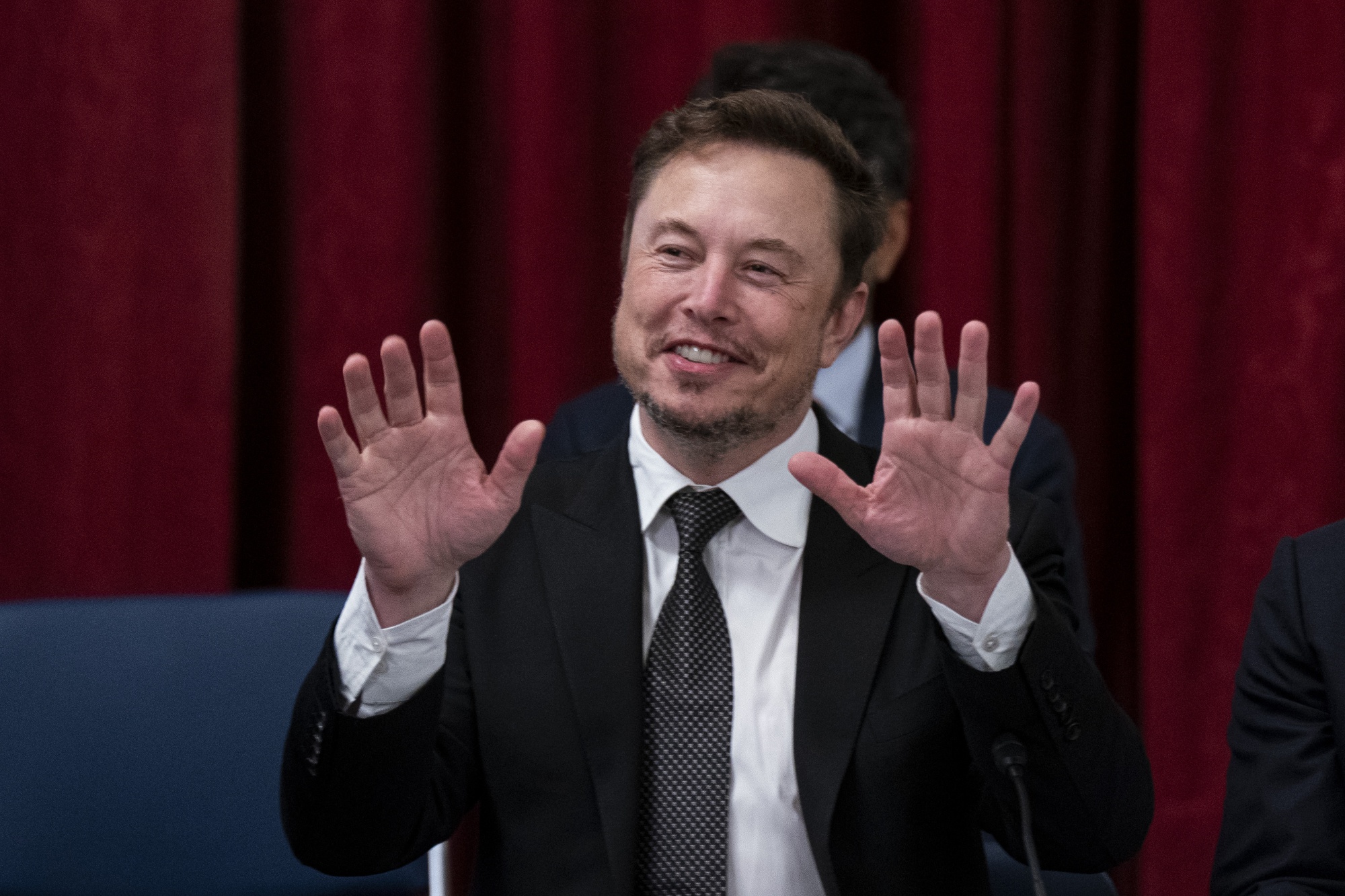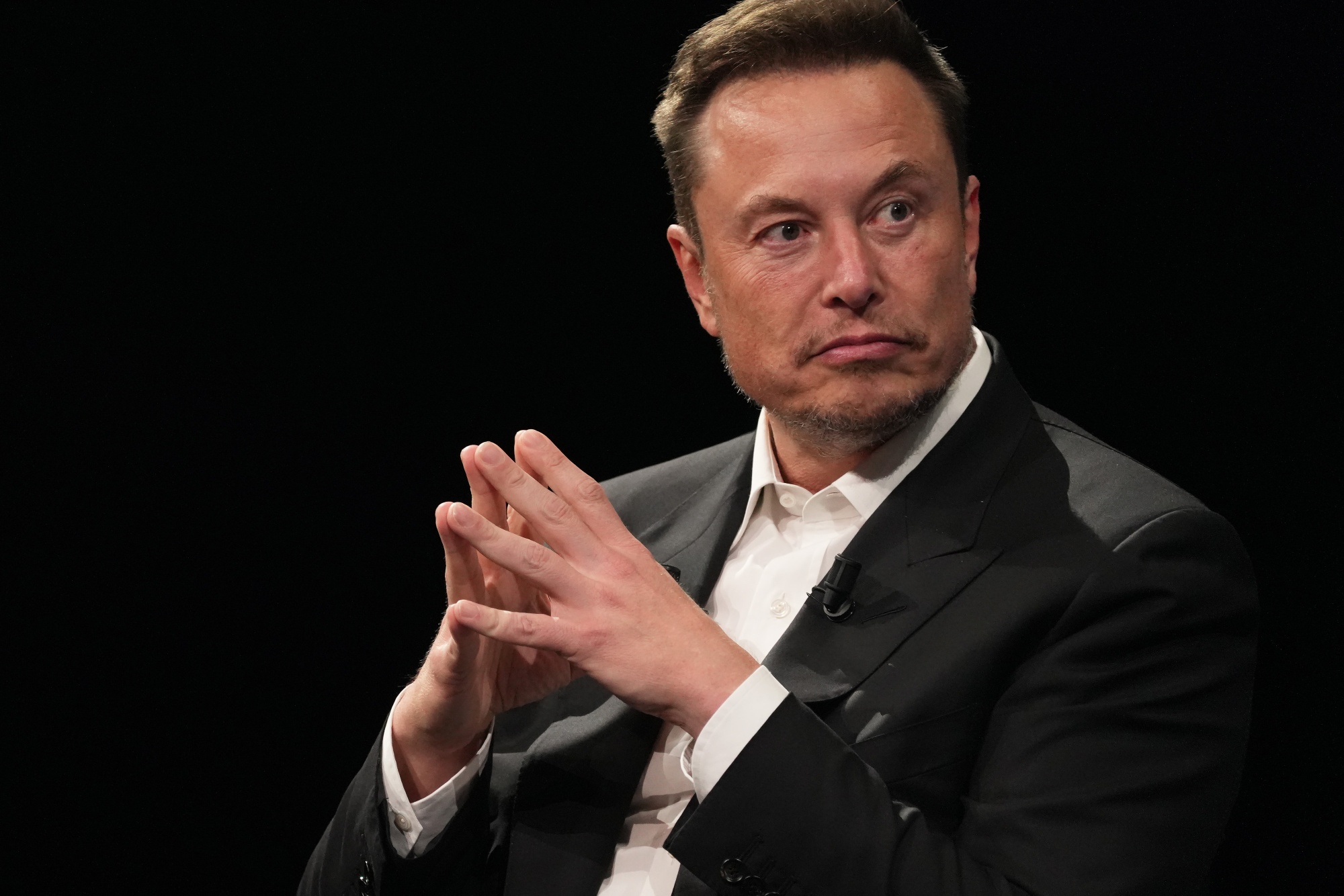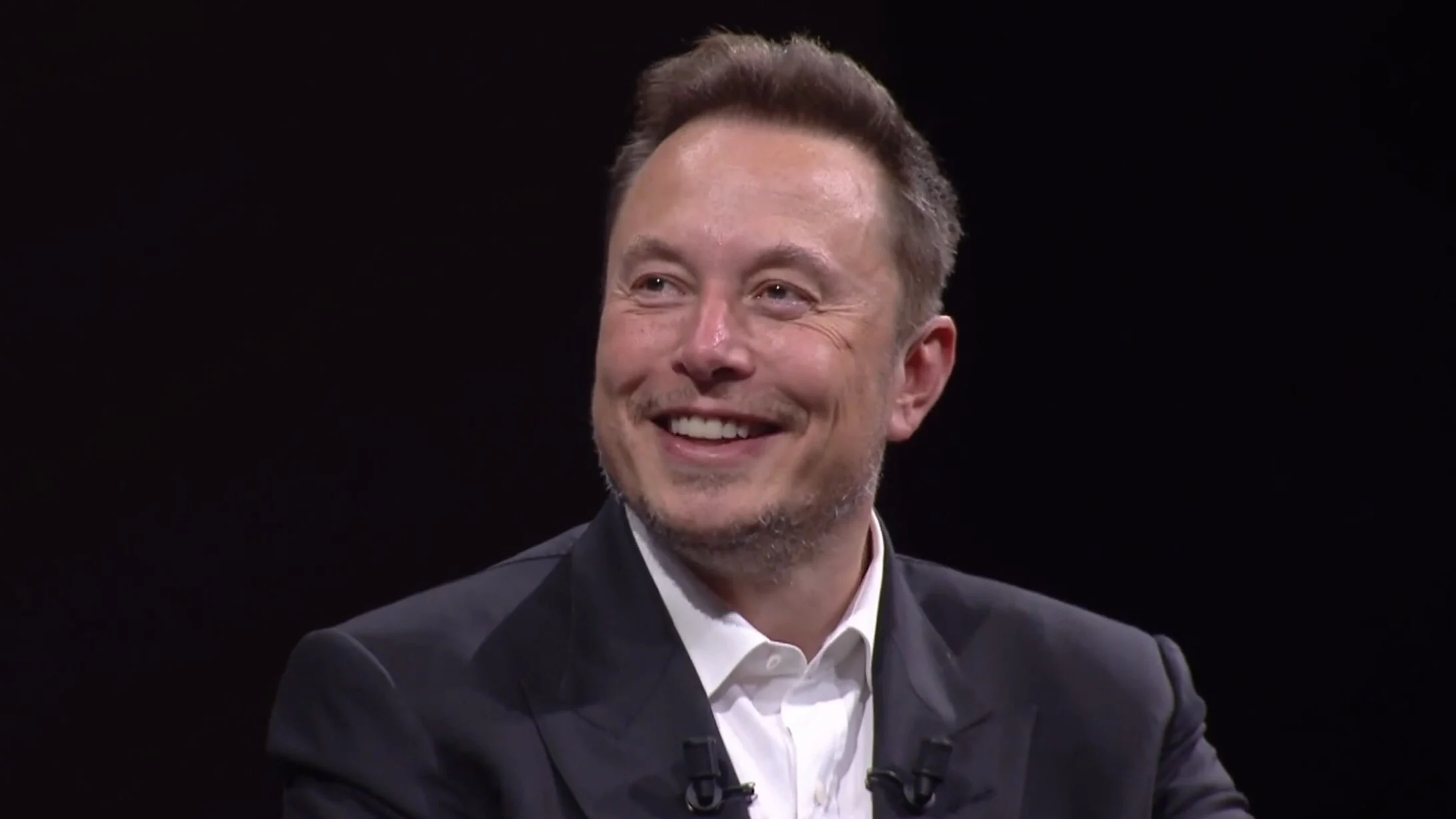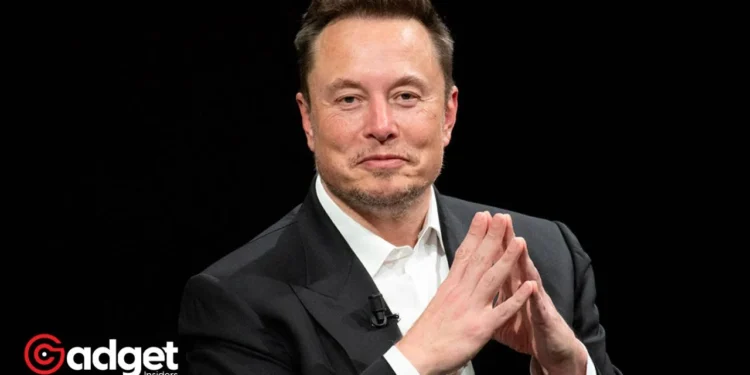In an era marked by groundbreaking technological advancements, Elon Musk, the visionary behind Tesla and SpaceX, has cast a spotlight on a looming challenge that could potentially reshape our approach to energy consumption and technology’s future. During a poignant session at the Bosch Connected World conference, Elon Musk delved into the burgeoning growth of artificial intelligence (AI) and electric vehicles (EVs), forecasting a scenario where the demand for electricity and transformers might outstrip supply by 2025.
This article unpacks Musk’s insights, exploring the implications of this anticipated strain on global electrical infrastructure.
Elon Musk: The Onrush of Technological Evolution
Elon Musk, during an in-depth discussion at a recent conference, characterized the current pace of AI and EV development as akin to historic gold rushes, but with a critical distinction—the scale and speed of this technological boom are unparalleled.
“The artificial intelligence compute coming online appears to be increasing by a factor of 10 every six months,”
Elon Musk observed, highlighting a growth trajectory that, if sustained, could present unprecedented challenges for the world’s electrical grids and supply chains.

The Tesla CEO’s comparisons underscore the immense pressure being placed on global infrastructure, as the demand for neural net chips and the requisite power to run them surges.
This expansion is not without its ironies, as Elon Musk quipped about the need for transformers to run the very transformers essential for AI operations, a nod to the complex interdependencies that define modern technological ecosystems.
The Impending Electrical Quandary
Elon Musk’s forecast is not merely about the technological marvels on the horizon but also a cautionary tale about the practical limitations of our current infrastructure.
He predicts a near-future scenario where the availability of voltage step-down transformers, critical for powering AI systems and electric vehicles, could become the next bottleneck, exacerbating the already pressing challenge of meeting the electricity demands of an increasingly digital and electrified world.

“The simultaneous growth of electric cars and AI, both of which need electricity, both of which need voltage transformers, is creating a tremendous demand for electrical equipment and electrical power generation,”
Elon Musk stated. This observation serves as a clarion call for the industry to prioritize advancements in clean energy generation and transformer production, to avert a potential supply crisis that could stymie technological progress.
A Visionary’s Perspective on the Technological Zeitgeist
Beyond the technical specifics, Elon Musk’s reflections offer a window into the mindset of one of the most influential figures in technology today.
His candid acknowledgment of the existential questions posed by AI’s rapid development—wondering whether an “AI apocalypse” might render humanity obsolete—reveals a deeply philosophical engagement with the implications of the technologies he helps advance.
Elon Musk says there could be a shortage of electricity and transformers next year.https://t.co/gF7LiPd8wY
— Tech Times (@TechTimes_News) March 1, 2024
Yet, Elon Musk’s ultimate stance is one of cautious optimism. Embracing the uncertainty, he expresses a preference for witnessing the unfolding of these transformative times, however challenging they may be.
“We live in the most interesting of times,”
he mused, suggesting that the potential hurdles are worth navigating for the sake of progress.
Elon Musk: Navigating the Future
As we stand on the cusp of what Elon Musk describes as “probably the biggest technology revolution that has ever existed,” the imperative for sustainable solutions has never been clearer.
The insights shared by Musk at the Bosch Connected World conference serve as a critical reminder of the need to balance our technological ambitions with the practical realities of our physical infrastructure.

The road ahead demands a concerted effort from industry leaders, policymakers, and the global community to ensure that the electric grid can keep pace with the explosive growth of AI and electric vehicles.
Only through innovative approaches to clean energy generation and transformer production can we hope to support the technological revolution that is unfolding before our eyes, ensuring a future where progress does not come at the expense of sustainability.










